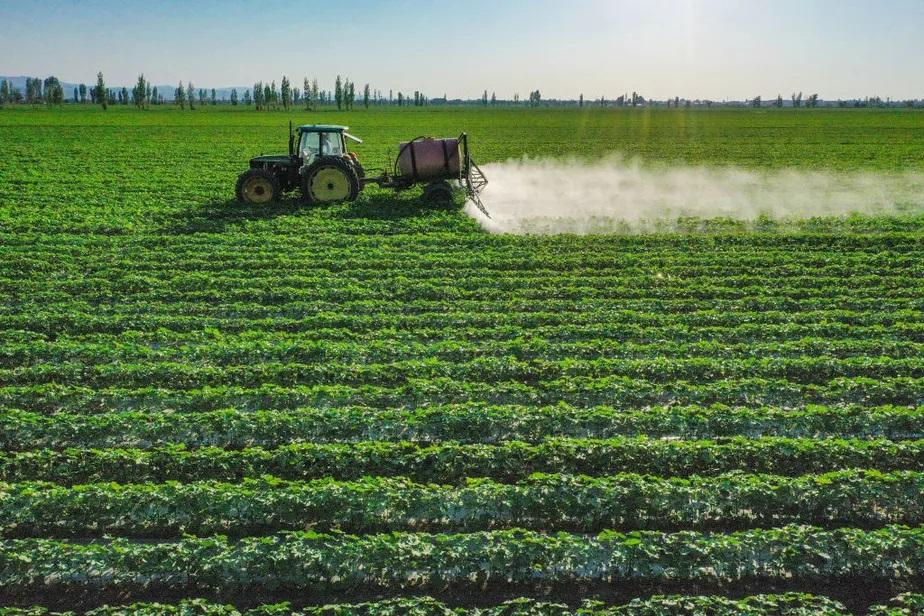Article in Um Só Planeta: “It’s time to clarify Lula government’s policy on pesticides”
The following article was originally published in Portuguese on Globo’s Um Só Planeta website on July 6, 2023.
In a global economy that increasingly favors regenerative agriculture, eco-development, and social responsibility, we cannot allow our country to be guided only by retrograde policies in agribusiness.
In the last 4 years, our country has experienced a real downpour of pesticides, from the most diverse origins and levels of danger. There are 2,180 new products, used mostly in soy, corn, sugar cane and cotton plantations, released by the Bolsonaro government. This tendency was also corroborated with the approval of the Poison Bill by the Senate Committee on Agriculture and Agrarian Reform last December. This project, which has been under way on an urgent basis, can concentrate powers on the Ministry of Agriculture for the release of products, reducing the role of agencies and fundamental authorities, such as Anvisa and Ibama.
We know that the new government is experiencing an impasse between a party in favor of greater regulation of pesticides and the adoption of measures to support small and medium-sized producers and another group, made up of ruralists which defends the extension of these products in agribusiness. It had little repercussions, but in April the Ministry of Agriculture and Livestock (headed by PSD/MT’s Carlos Fávaro, part of the ruralists’ wing) released 44 new pesticides, a total of 103 more authorized by the government in 2023.
It’s time to put this matter on the agenda, to debate and define what the Lula government’s policy will be for our agricultural production. The country and its ecosystem have no time to waste: there are thousands of cases of intoxicated people, deaths of millions of bees due to pesticides, increase in the presence of pesticides in ultra-processed foods, among other worrying conditions.
In an article published last year, we commented on the use of double standards for procedures such as the Poison Bill, while texts such as the one that regulates the cultivation of cannabis for medicinal and industrial purposes is stalled in Congress. Hemp cultivation could even be one of the alternatives for regenerating contaminated soils and capturing carbon in a greener economy.
The strong presence of the pesticide lobby in our Legislative, mainly composed by the ruralist wing, cannot be the only voice to set the tone with which we deal with these products. Ministries such as the Environment, Regional Development and Health also need to promote public policies in this area.
The country needs to re-disclose the monitoring of food contaminated by pesticides, suspended since 2020. Policies on Agroecology and Organic Production (Pnapo) and Pesticide Reduction (PNARA) need to be resumed, with increased financial incentives and institutional conditions for them to prosper, strengthening biodiversity and creating incentives for the country to enter a market as valued as the consumption of sustainable products – something that also unfolds in carbon capture and generation of green credits.
One of Lula government’s main goals is to end hunger in this country. This promise can only be fulfilled with the guarantee of food security. The use of unhealthy substances in growing our food is definitely not a part of it.
* Patrícia Villela Marino is the president of the Humanitas360 Institute.

